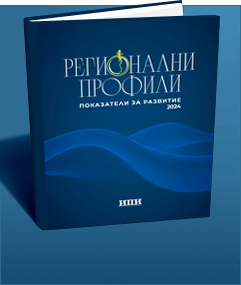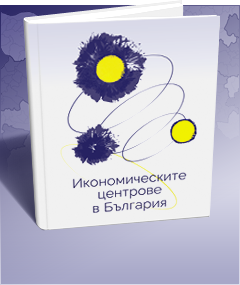The Regional Economies of Southern Bulgaria: State and Perspectives
In addition to the main study "Regional Profiles 2020", IME presented the second analysis, specifically focused on the economic and social development of the districts in Southern Bulgaria.

